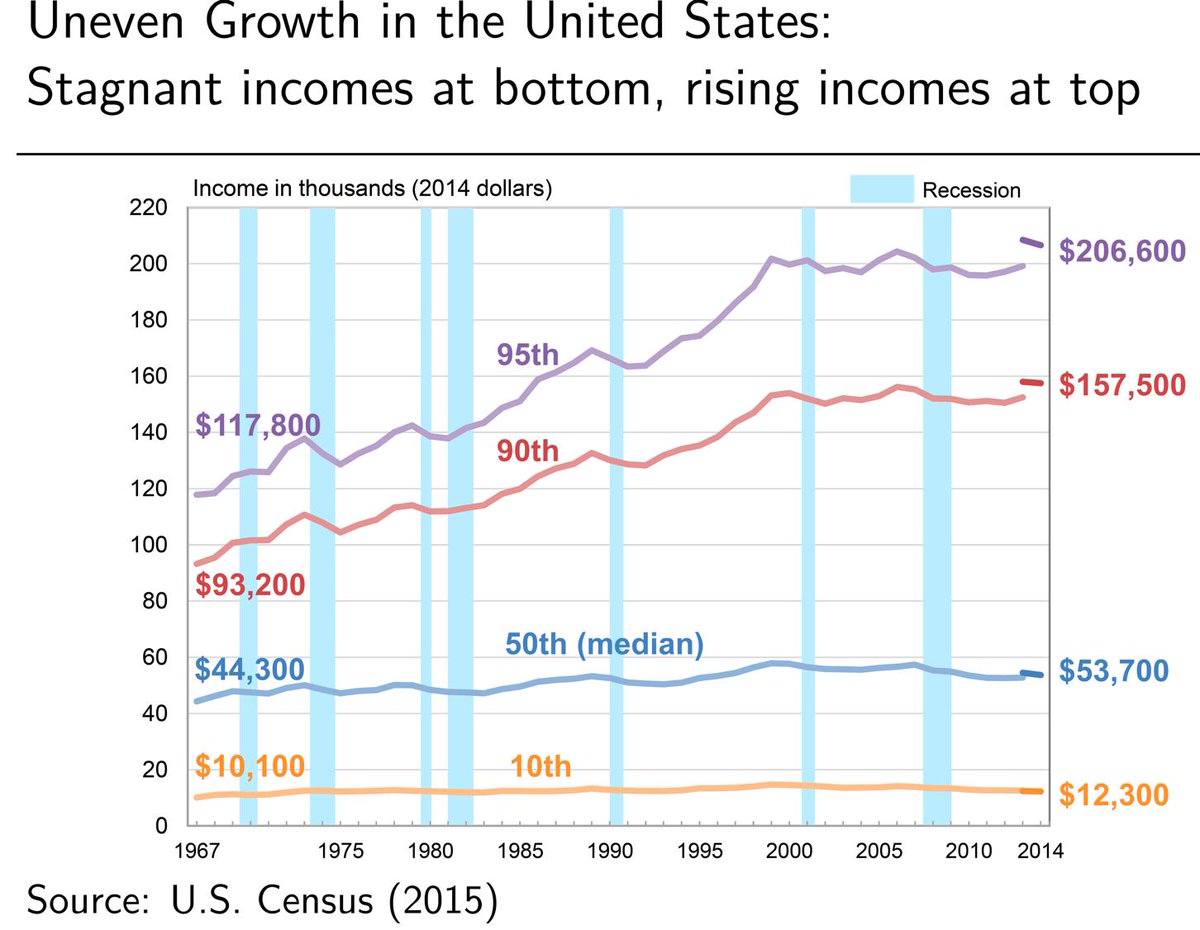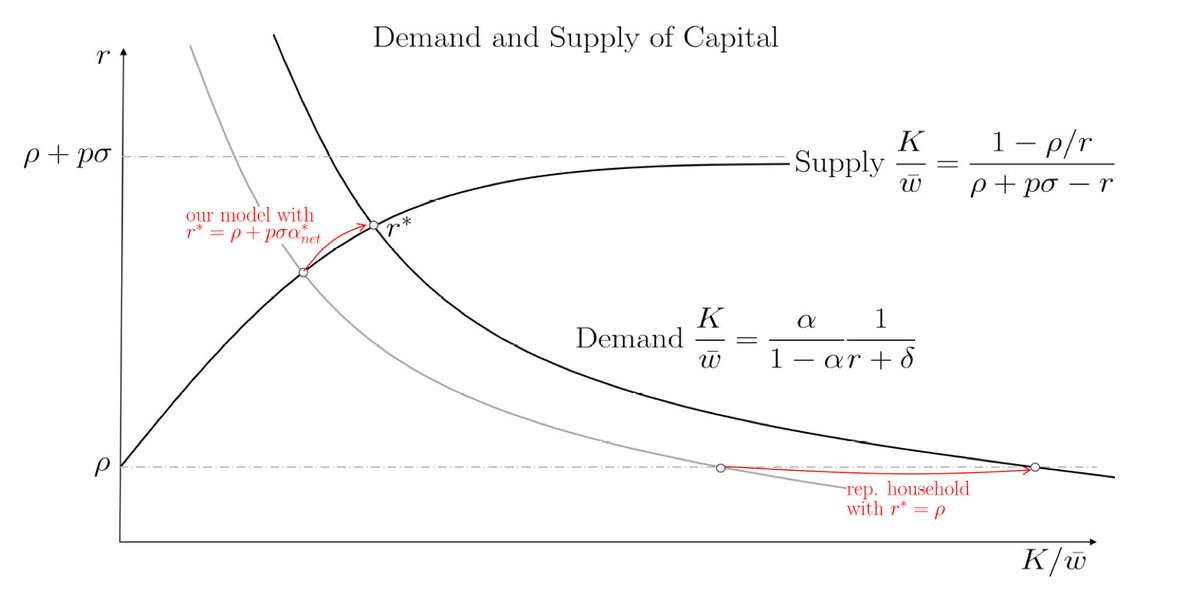
The debate on 🇷🇺 oil & gas ban to #StopFundTheWar & #StandWithUkraine is important. 🇺🇦🌻
I put together a list of arguments against the ban, debunking them 1-by-1 (a "myth buster")
Hope it's constructive & useful 4 all involved.
PDF here:
dropbox.com/s/fvd59j8ksp2t…
16 myths:

I put together a list of arguments against the ban, debunking them 1-by-1 (a "myth buster")
Hope it's constructive & useful 4 all involved.
PDF here:
dropbox.com/s/fvd59j8ksp2t…
16 myths:


MYTH 1:We are not financing Putin’s war (b/c of sanctions, he cannot use the billions of euros/dollars we send him anyway).
FALSE: there’s no doubt that a ban would drastically limit the real resources available for war.
numbers: beyond-coal.eu/russian-fossil…
see links in the PDF
FALSE: there’s no doubt that a ban would drastically limit the real resources available for war.
numbers: beyond-coal.eu/russian-fossil…
see links in the PDF
MYTH 2: Russia can sell oil & gas to China and others, so we’d only be hurting ourselves.
FALSE: a complete substitution towards China is infeasible given the scale of EU imports. If China becomes nearly the sole buyer, it will bargain hard.
eia.gov/todayinenergy/…
FALSE: a complete substitution towards China is infeasible given the scale of EU imports. If China becomes nearly the sole buyer, it will bargain hard.
eia.gov/todayinenergy/…
MYTH 3: Russia would circumvent the sanctions by selling via third parties.
FALSE: secondary sanctions may be employed (Iran provides a recent example). We are already seeing private businesses staying away from Russia in fear of breaching sanctions.
cbsnews.com/news/shell-rus…
FALSE: secondary sanctions may be employed (Iran provides a recent example). We are already seeing private businesses staying away from Russia in fear of breaching sanctions.
cbsnews.com/news/shell-rus…
MYTH 4: A ban would cause “mass poverty” in Europe.
FALSE: Available estimates suggest the impact could be between 0.5-3.5% of GDP, or 200 to 1200 euros per head in Germany, the country most dependent on Russian energy.
benjaminmoll.com/GS_Russian_Gas/
econtribute.de/RePEc/ajk/ajkp…
FALSE: Available estimates suggest the impact could be between 0.5-3.5% of GDP, or 200 to 1200 euros per head in Germany, the country most dependent on Russian energy.
benjaminmoll.com/GS_Russian_Gas/
econtribute.de/RePEc/ajk/ajkp…
MYTH 5: The less well-off would be hurt the most, b/c of unemployment and higher inflation.
INCOMPLETE: the consequences are indeed likely to be somewhat regressive (but not hugely so). Critically, our governments have the appropriate policy tools to deal with these impacts.
INCOMPLETE: the consequences are indeed likely to be somewhat regressive (but not hugely so). Critically, our governments have the appropriate policy tools to deal with these impacts.
MYTH 6: Business leaders and industry experts say it’s impossible to adjust. Don’t they know best?
NOT NECESSARILY: the marvel of market economy is its adaptability. Incumbents' reactions may be overblown.
E.g. supply:
economist.com/europe/2022/01… and demand (links in PDF) will adj
NOT NECESSARILY: the marvel of market economy is its adaptability. Incumbents' reactions may be overblown.
E.g. supply:
economist.com/europe/2022/01… and demand (links in PDF) will adj
MYTH 7:Even if the estimates of the fallout suggest it is manageable, these estimates are uncertain. Why would you take such a risk?
BECAUSE not acting now comes with even greater risks. Is it prudent to be at the mercy of Putin next winter?
zeit.de/wirtschaft/202…
BECAUSE not acting now comes with even greater risks. Is it prudent to be at the mercy of Putin next winter?
zeit.de/wirtschaft/202…
MYTH 8: Such a ban would be unsustainable in the long-term.
FALSE: The pain is short-term. The adjustment means that the embargo’s cost will decline over time. Ultimately, this policy will speed up our transition towards a greener, cleaner, and more sustainable economy.
FALSE: The pain is short-term. The adjustment means that the embargo’s cost will decline over time. Ultimately, this policy will speed up our transition towards a greener, cleaner, and more sustainable economy.
MYTH 9:People of Europe would never support a costly action.
FALSE: In fact, they do. Despite the campaign of fear, about 60% of Germans support the ban. See links in the PDF.
FALSE: In fact, they do. Despite the campaign of fear, about 60% of Germans support the ban. See links in the PDF.
https://twitter.com/kniggem/status/1502798251220770818
MYTH 10:Come winter, popular opinion would have shifted and we must make a U-turn.
UNLIKELY: We don’t know, but such policy could be the best way to end this war quickly.
And do we really want to assume this?
UNLIKELY: We don’t know, but such policy could be the best way to end this war quickly.
https://twitter.com/sguriev/status/1503029218900381698
And do we really want to assume this?
MYTH 11:Any one country – and in particular Germany - cannot do this by themselves, so there’s no point thinking about it.
UNTRUE: Germany is Europe’s largest economy and most dependent on Russian energy. It is clearly pivotal in these discussions.
UNTRUE: Germany is Europe’s largest economy and most dependent on Russian energy. It is clearly pivotal in these discussions.
https://twitter.com/klaus_adam/status/1503687074431614986
MYTH 12: We need to keep an ace up our sleeve against Putin - we need leverage. And we need a diplomatic solution.
UNLIKELY: This surely is the point of maximum impact. Weakening Putin financially will strengthen Ukraine’s bargaining position.
ft.com/content/a35b04…
UNLIKELY: This surely is the point of maximum impact. Weakening Putin financially will strengthen Ukraine’s bargaining position.
ft.com/content/a35b04…
MYTH 13: Advocates of the ban are too “excited” and “hot-headed”.
FALSE: The advocates are the only ones who have produced clear analysis of the issue, using state-of-the-art methods. But yes, of course, the matter is extremely urgent. Every day lives are destroyed. Act now.
FALSE: The advocates are the only ones who have produced clear analysis of the issue, using state-of-the-art methods. But yes, of course, the matter is extremely urgent. Every day lives are destroyed. Act now.
MYTH 14: We’ve made a historic U-turn on military spending, and that is already a costly policy. Perhaps that is sufficient?
NO: Much more military spending will be needed in the new cold (or hot) war scenario if Putin wins in Ukraine.
NO: Much more military spending will be needed in the new cold (or hot) war scenario if Putin wins in Ukraine.
https://twitter.com/R2Rsquared/status/1499819379621568517
MYTH 15:It is unfortunate that some countries happen to be heavily dependent on Russia.
FALSE: It is not an accident but a direct consequence of the wrong-headed policies that have been pursued.
nytimes.com/2022/03/15/opi…
FALSE: It is not an accident but a direct consequence of the wrong-headed policies that have been pursued.
nytimes.com/2022/03/15/opi…
MYTH 16:If we wait it out, we can go back to the status quo as of mid-Feb 2022.
FALSE: The world has fundamentally changed, there is no going back.
FALSE: The world has fundamentally changed, there is no going back.
https://twitter.com/BachmannRudi/status/1502833929224691718
with links to analysis by @ben_moll @MSchularick @kuhnmo @BachmannRudi @R2Rsquared @DBaqaee @klaus_adam @sguriev @itskhoki @paulkrugman @MESandbu @kniggem @FabioGhironi @t0nyyates @lugaricano @christianbaye13 @APeichl
cc @YGorodnichenko @Noahpinion @gideonrachman @BMWK
cc @YGorodnichenko @Noahpinion @gideonrachman @BMWK
cc @MarkusEconomist @drhelmutsoul @wpaczos @napokolenia @Bundeskanzler @mdoepke @BrzezinskiMich @HannoLustig @Lars_Feld @ben_golub @stroebel_econ @FlorinBilbiie @Mylovanov @KLeikert @arodnyansky @ThomasPHI2 @MichalBoni @tom_krebs_
• • •
Missing some Tweet in this thread? You can try to
force a refresh








